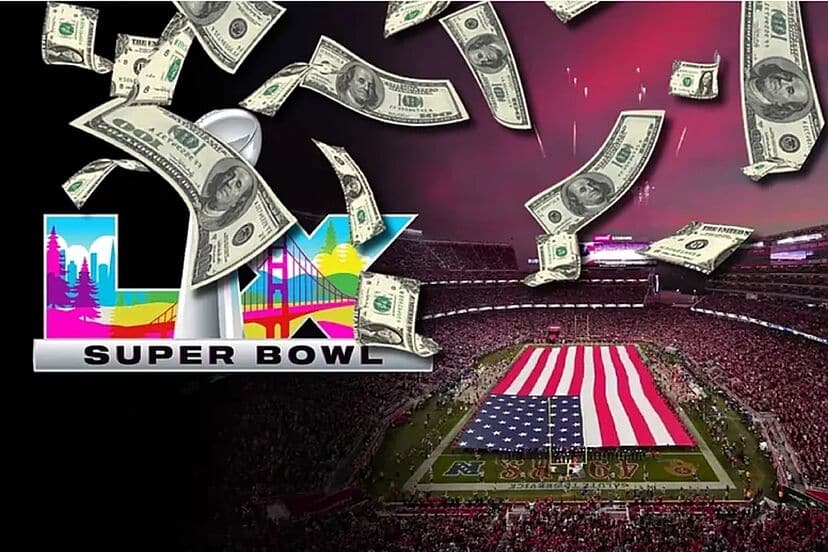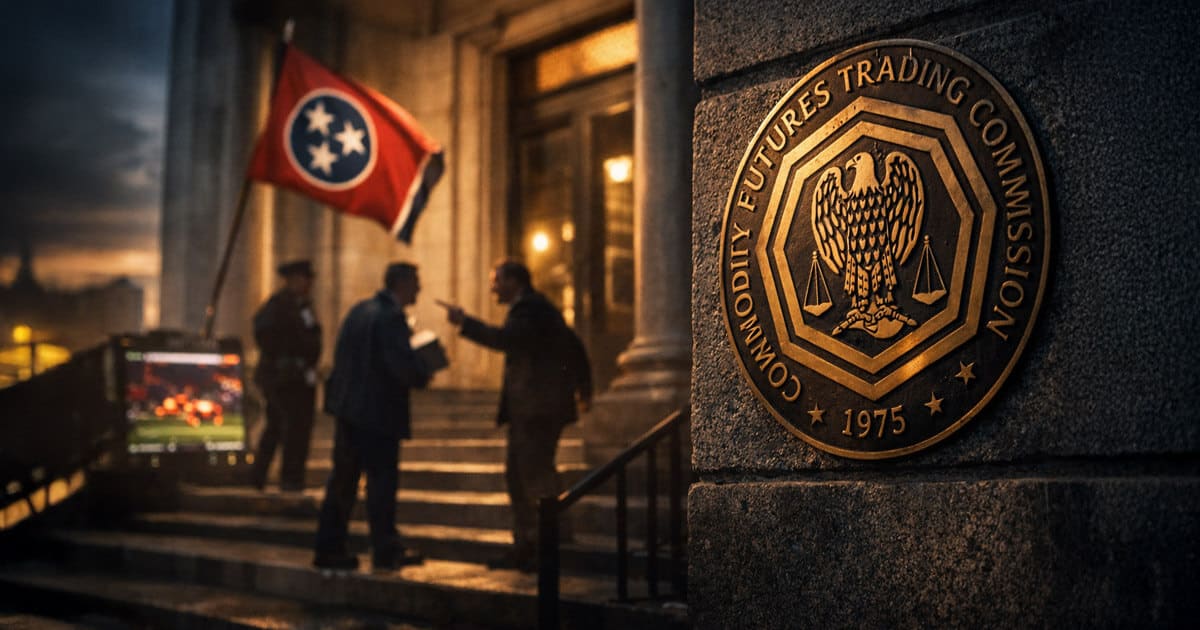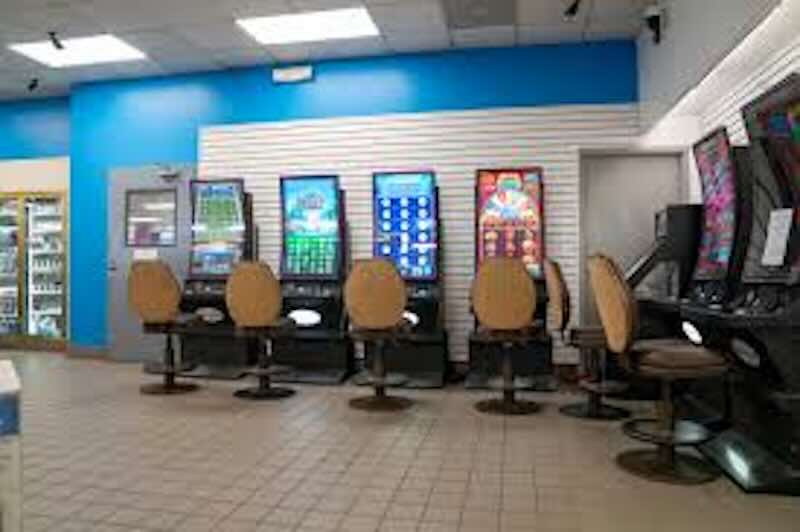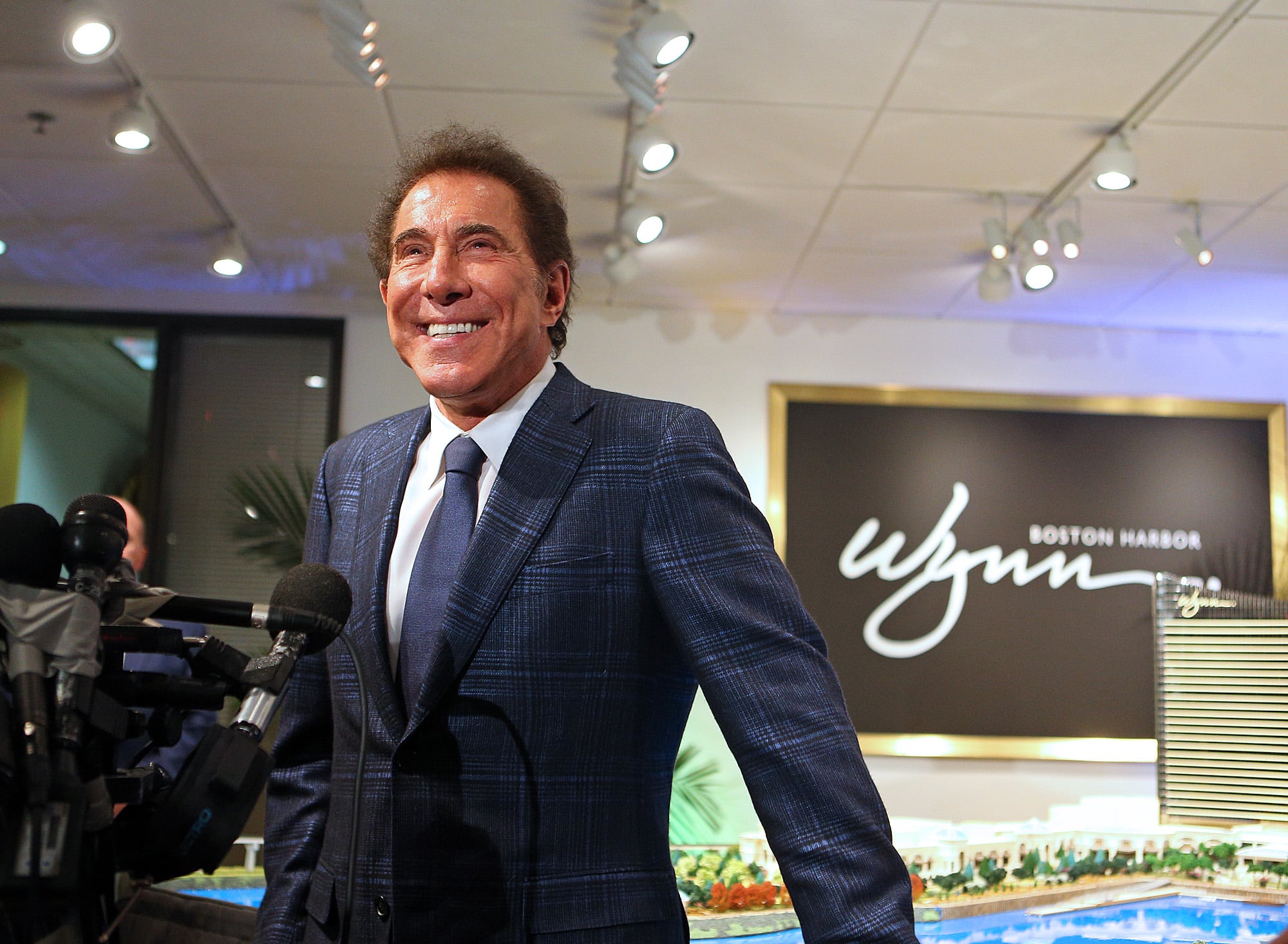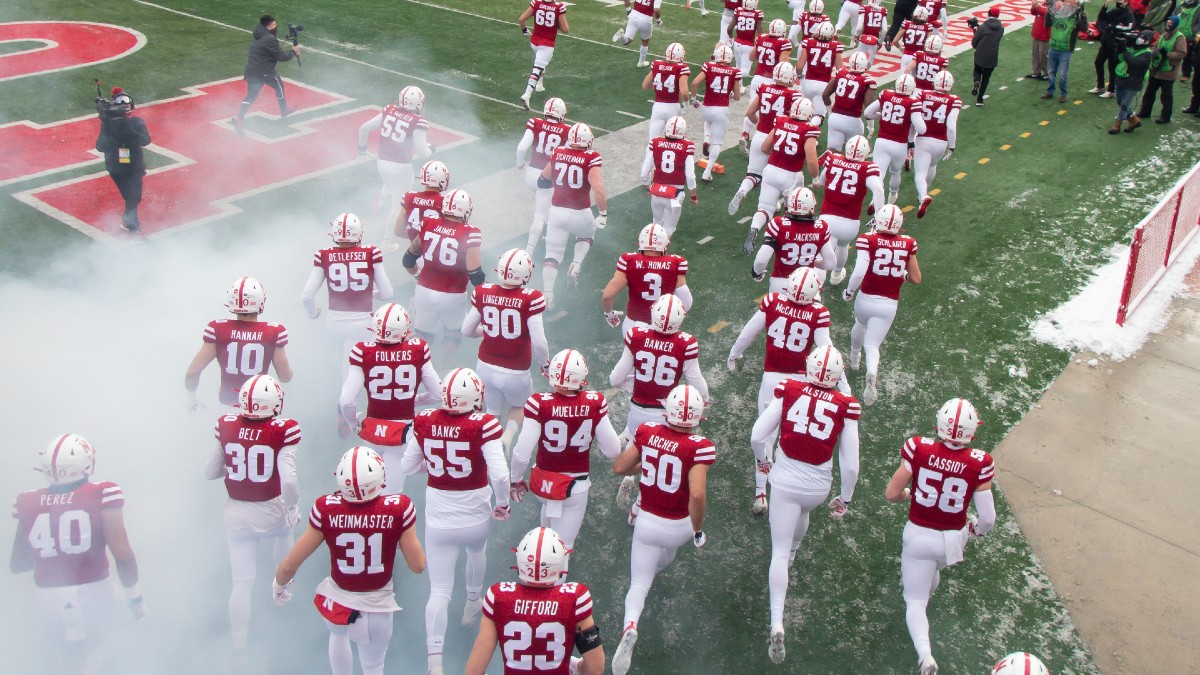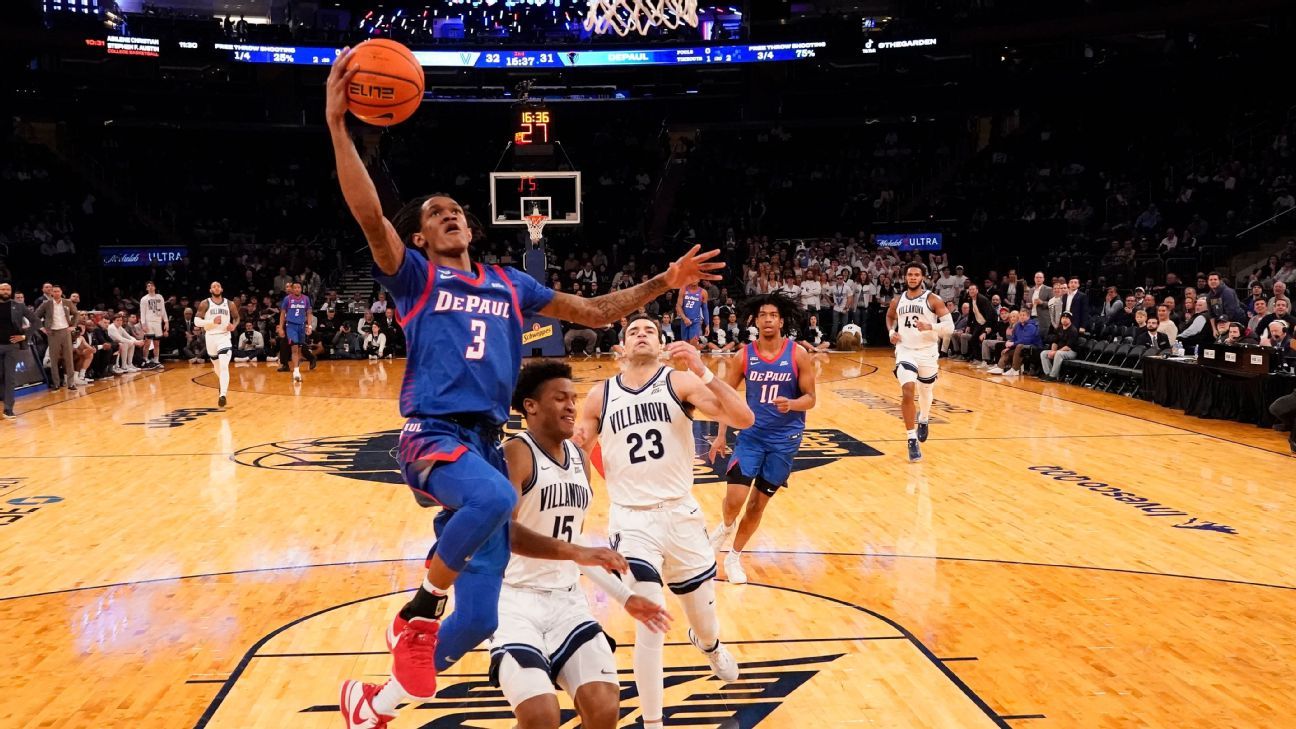
Legalized sports gambling legislation fails to pass through Minnesota Senate

Key Points
- Despite public backing from professional sports teams and key stakeholders, the Senate voted to a tie on the bill, creating a roadblock to have the legislation passed in the near future
- Under the legislation, Native American Tribes, which operate the casinos in Minnesota, would have exclusivity over both in-person wagers and contracting with online platforms
In spite of public support from professional sports teams and key stakeholders within the state, Minnesota lawmakers voted to a tie on legislation that would have legalized both in-person and online forms of sports gambling.
The bill, which was originally introduced by Senator Matt Klein, failed to pass through its first test of the Minnesota Senate, potentially creating a roadblock in having the legislation passed before the conclusion of 2025.
Within the terms of the bill, Native American Tribes, which operate the casino properties in Minnesota, would have exclusivity over both in-person wagers and contracting with online platforms. State horseracing tracks would receive a portion of the revenue generated from sports betting as well, since such gambling would not be allowed at the facilities.
Senator Klein spoke to local reporters after the hearing, stating that he believed approval should have “been easy,” but that certain lawmakers in Minnesota have “legitimate concerns” and were unable to move forward with legalized sports betting.
Good to know: Senator Klein’s legislation represents his second attempt to have sports betting legalized in Minnesota, following a similar bill that failed to pass during 2024
Opposition towards the bill is reportedly concerned about how the expansion of sports betting within Minnesota would impact problem gamblers who could potentially face addiction, especially when it comes to iGaming.
Senator Klein responded to the concerns by stating that Minnesota residents are already finding ways to place wagers on sports, but without safeguards and regulations having been set in place. Under his proposal, certain safeguards would be introduced such as a ban on push notifications from gambling operators and prohibiting sportsbooks from providing promotions or incentives.
Also, no sportsbook would have authorization to advertise at schools or on college campuses, while in-game bets on college athletics would be disallowed as well.
Tags/Keywords
Players trust our reporting due to our commitment to unbiased and professional evaluations of the iGaming sector. We track hundreds of platforms and industry updates daily to ensure our news feed and leaderboards reflect the most recent market shifts. With nearly two decades of experience within iGaming, our team provides a wealth of expert knowledge. This long-standing expertise enables us to deliver thorough, reliable news and guidance to our readers.


